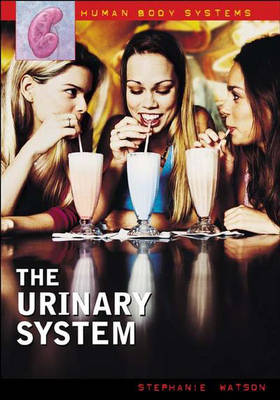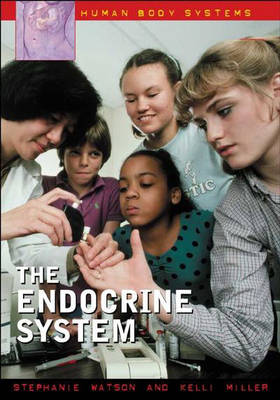Human Body Systems
2 total works
Beginning with an exploration of the components of the urinary system, this volume of the Encyclopedia of the Human Body discusses the role and function of each part of the urinary system and how they work together to remove waste from the body. Watson also explores how the urinary system maintains chemical balance and hydration in the body. The history of research related to the urinary system is presented and the future of research in this field is considered. Current controversies and dilemmas of scientists performing this research are explored. Symptoms and treatments of urinary system diseases and disorders are explored, including kidney cancer, gout, urinary tract infections, incontinence, prostate cancer and dialysis. This reference concludes with information about maintaining a healthy urinary system, a comprehensive glossary, and resources for further information including Web sites and contact information for medical organizations and support groups.
The set provides a complete, comprehensive reference source for students interested in the human body. Each book in this ten-volume set introduces and describes a specific body system, including the parts and function of each system, the history of discovery, related diseases and treatments, as well as possible future advances in research. Detailed illustrations and diagrams, including an eight-page color insert, provide a visual reference for written material.
Beginning with a discussion of hormones, this volume of the Encyclopedia of the Human Body discusses the anatomy and function of each organ in the endocrine system and how they work together to regulate many functions within the body. Discussions on insulin, metabolism and menopause are included. The nervous system is discussed in close relation to the endocrine system, as both systems send out messages that coordinate the function of every cell. The history of the research on the endocrine system is presented and the future of research in this field is considered. Current controversies and dilemmas of scientists performing this research are explored. Endocrine system disorders, symptoms and treatments are explored, including pituitary dwarfism, and Cushing's Syndrome, and diabetes types 1 and 2. This reference concludes with fascinating facts about the endocrine system, a comprehensive glossary, and resources for further information including Web sites and contact information for organizations and national health institutions.
The Encyclopedia of the Human Body provides a complete, comprehensive reference source for students interested in the human body. Each book within this ten-volume set introduces and describes a specific body system, including the parts and function of each system, the history of discovery, related diseases and treatments, as well as future advances in research. Detailed illustrations and diagrams, including an eight-page color insert, provide a visual reference for written material.

